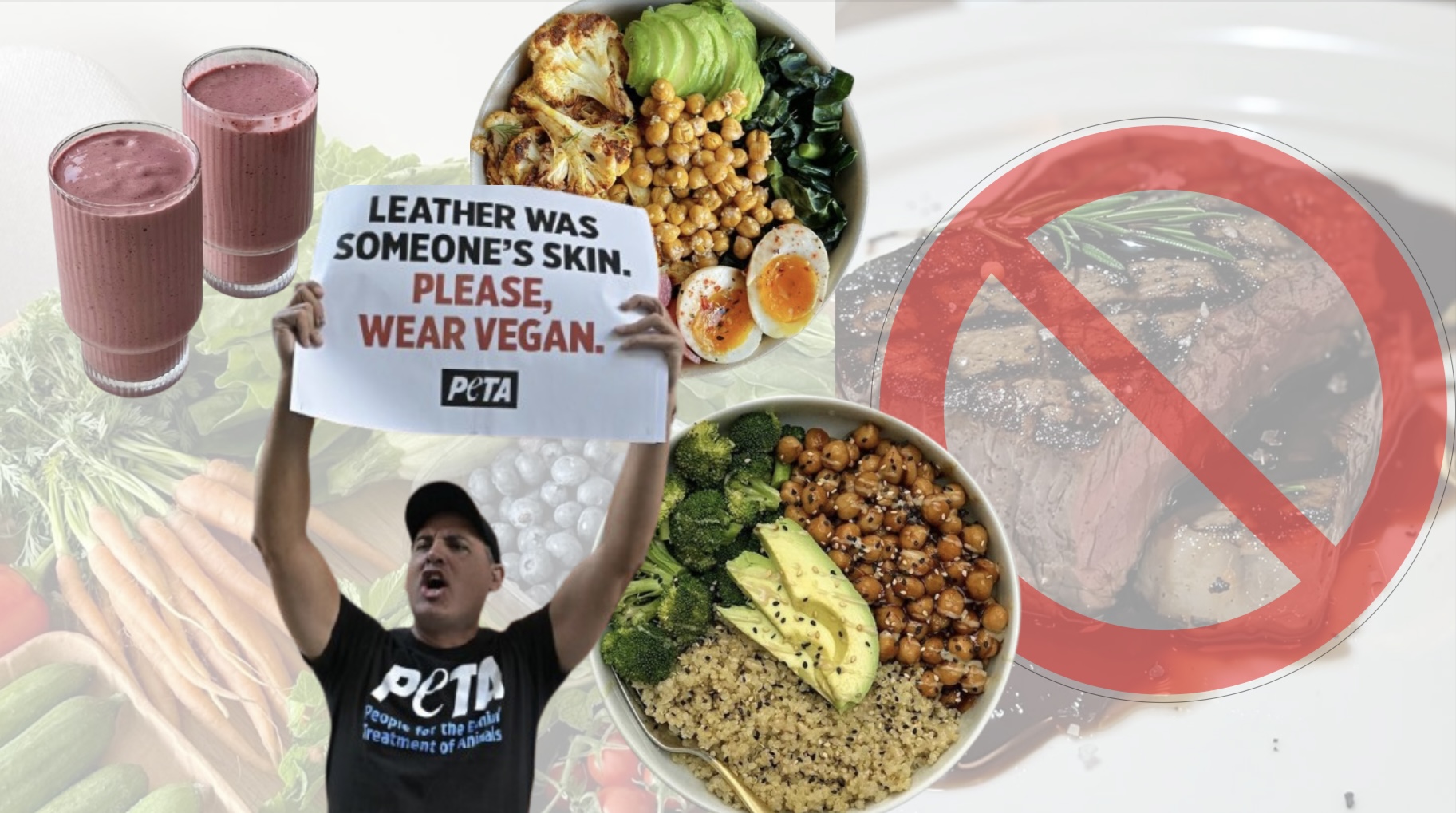🌱 The Rise of Plant-Based Diets in 2025
Introduction
Plant-Based Diets 2025 In 2025, one of the most powerful global food movements continues to gain momentum — the plant-based diet revolution. From celebrities to athletes and everyday families, more people are embracing a lifestyle centered around fruits, vegetables, grains, and legumes rather than animal products.
The growing awareness of health, environmental sustainability, and ethical eating has made plant-based diets one of the most influential food trends of the decade. But what’s fueling this shift, and why is it becoming a permanent part of modern lifestyles? Let’s explore the rise of plant-based diets in 2025 and how they’re shaping the future of food.

🥦 What Is a Plant-Based Diet?
A plant-based diet focuses on consuming primarily foods derived from plants, including:
-
Fruits and vegetables 🍎🥕
-
Whole grains 🌾
-
Legumes (beans, lentils, chickpeas)
-
Nuts and seeds 🌰
-
Plant-based oils (olive, avocado, coconut)
Unlike a strict vegan diet, plant-based eating allows flexibility — some people still consume small amounts of dairy, eggs, or fish. The focus is on whole, unprocessed plant foods that promote better health and reduce environmental impact.
🌍 Why the World Is Switching to Plant-Based Eating in 2025
1. Health Benefits Drive the Trend
Research in 2025 continues to highlight how plant-based diets reduce the risk of chronic diseases, such as:
-
Heart disease ❤️
-
Type 2 diabetes
-
High blood pressure
-
Obesity
Plant-based foods are rich in fiber, antioxidants, and essential nutrients that promote better digestion, lower cholesterol, and improve longevity. Many people report higher energy levels and clearer skin after transitioning to plant-based meals.
2. Environmental Awareness
Climate change is one of the biggest motivators behind the plant-based movement. Livestock farming contributes significantly to greenhouse gas emissions, deforestation, and water pollution.
By eating plant-based foods, individuals reduce their carbon footprint and help preserve natural ecosystems. In 2025, eco-conscious consumers are not only eating for their health but also for the health of the planet.
3. Ethical Eating and Animal Welfare
Modern consumers are more aware of the ethical implications of food production. Documentaries, social media, and animal welfare campaigns have sparked global conversations about factory farming and sustainability.
Plant-based diets allow people to make ethical choices without feeling deprived — thanks to innovative meat and dairy alternatives that taste remarkably similar to the real thing.
4. Availability of Plant-Based Products
In 2025, supermarkets and restaurants will offer an incredible variety of plant-based options. From plant-based meats to dairy-free cheese and oat milk lattes, the industry has transformed accessibility and taste.
Major brands like Beyond Meat, Impossible Foods, and Oatly continue to innovate, while local producers introduce traditional plant-based recipes adapted to modern lifestyles.
🥗 Health Benefits of a Plant-Based Diet
✔ Supports Heart Health
Plant-based diets lower LDL (bad) cholesterol and support healthy blood pressure. Leafy greens, beans, and whole grains are rich in potassium and magnesium — nutrients essential for cardiovascular wellness.
✔ Aids in Weight Management
Plant-based foods are naturally lower in calories and higher in fiber, helping control hunger and prevent overeating. Studies show that people who follow plant-based diets tend to maintain healthier body weights.
✔ Boosts Energy and Immunity
Fruits and vegetables provide antioxidants and vitamins like C and E, strengthening the immune system and improving overall energy.
✔ Enhances Gut Health
Fiber-rich plant foods support a balanced gut microbiome, which is vital for digestion and mental health.
🧠 The Role of Technology in Plant-Based Innovation
2025 is also witnessing a rise in food tech companies creating sustainable protein alternatives using AI and biotechnology.
-
Lab-grown meat offers a cruelty-free option for meat lovers.
-
Fermentation technology helps produce dairy alternatives with improved taste and texture.
-
AI-based meal planners recommend balanced plant-based diets personalized for nutrition goals.
These innovations are making plant-based diets more appealing, accessible, and affordable worldwide.
🍽️ How to Start a Plant-Based Lifestyle
Switching to a plant-based diet doesn’t have to be overwhelming. Here are simple steps to get started:
-
Start Small: Replace one meal a day with a plant-based option — like a veggie bowl or smoothie.
-
Focus on Whole Foods: Avoid processed “vegan junk food.” Stick to natural ingredients.
-
Plan Your Meals: Combine protein sources like beans, lentils, and quinoa for balanced nutrition.
-
Experiment with Recipes: Try plant-based versions of your favorite dishes.
-
Stay Hydrated and Take Supplements: B12, iron, and omega-3 supplements help maintain energy and nutrition levels.
🌿 The Future of Plant-Based Diets
As sustainability becomes a global priority, plant-based diets are not just a trend — they’re the future of food. Governments and health organizations are promoting plant-based nutrition in schools, hospitals, and workspaces.
By 2030, experts predict that nearly 25% of the global population will adopt a primarily plant-based lifestyle. The shift is not only transforming diets but also reshaping agriculture, food manufacturing, and environmental policies.
🥬 Conclusion
The rise of plant-based diets in 2025 reflects a worldwide movement toward healthier, more ethical, and sustainable living. With improved food technology, greater awareness, and accessibility, it’s easier than ever to enjoy delicious, nutritious plant-based meals every day.
Whether you go fully vegan or simply reduce your meat intake, embracing plant-based eating is a step toward a healthier you — and a healthier planet. 🌎💚 Vegan Trends: